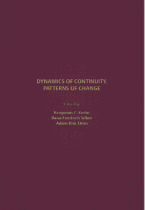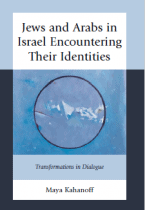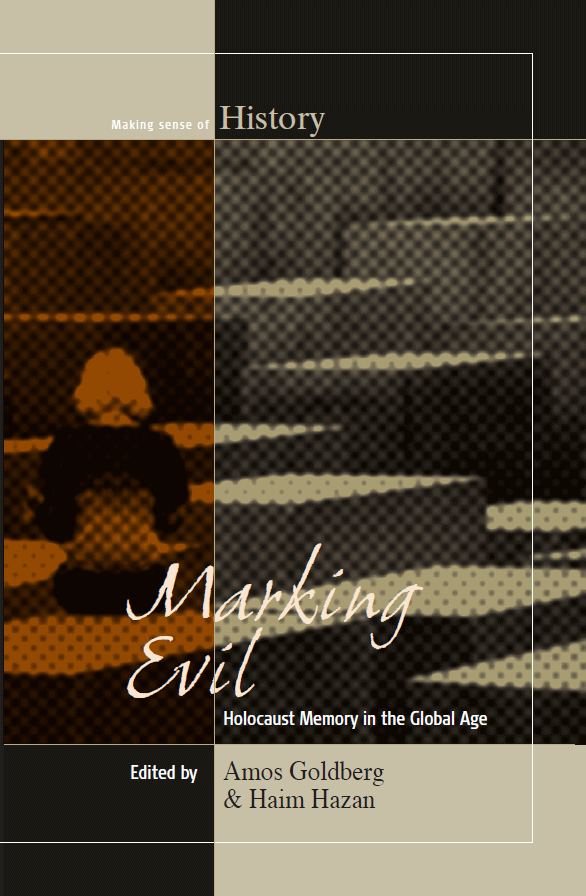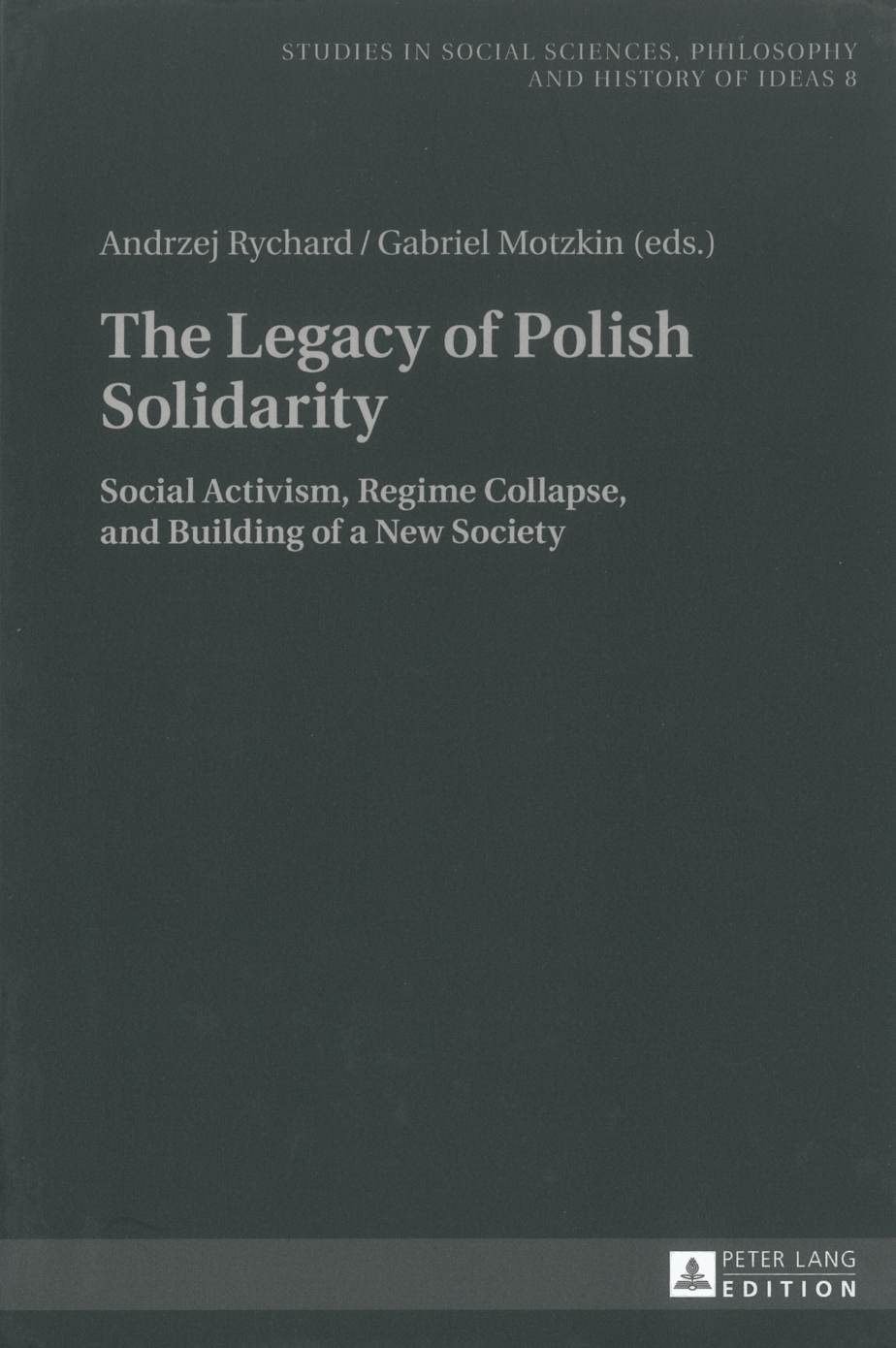Dynamics of Continuity, Patterns of Change
Between World History and Comparative Historical Sociology: In Memory of Shmuel Noah Eisenstadt
| Edited by | Benjamin Z. Kedar, Ilana Friedrich Silber, Adam Klin-Oron
|
| Publisher | The Van Leer Institute Press & the Israel Academy of Sciences and Humanities |
| Language | English |
| Year of Publication | 2017 |
| Series | Theory in Context Series |
The present volume comprises expanded versions of papers delivered at two events in memory of Shmuel Noah Eisenstadt that took place at the Israel Academy of Sciences and Humanities.
As reflected in its title, the volume pays tribute to Eisenstadt's persistent commitment to the interdisciplinary dialogue between sociology and history, in general, and between comparative historical macrosociology and world historians, in particular. In line with Eisenstadt's work, the intent was to challenge the common tendency to associate the notion of dynamics with the idea of change, concomitantly applying the notion of patterns to issues of continuity. As he demonstrated repeatedly, continuity is never to be taken as simply static; rather, it needs to be understood as the ongoing and ever unstable result of a specific configuration of forces and processes, themselves entailing the possibility of further dynamics and processes. These may either sustain the reproduction of aspects of a specific historical configuration or engender its partial transformation. Moreover, Eisenstadt saw significant macrosocietal changes as shaped by forces – with a distinctive (if never exclusive) emphasis on forces of a cultural nature, such as religious axiomatics, ontological conceptions and soteriologies, traditions, ideological visions, and political programs – that had already started operating in the past, often a very distant past, but that keep unfolding into the present, resulting in a deep interpenetration of trends of continuity and change.
The idea was thus to revisit the classic issue of continuity and change, so central to S.N. Eisenstadt's work, by inviting historians and sociologists known for their macro-orientations to revisit it from the point of view of new research topics or new analytical developments. The work of the participants in the volume reflects a diversity of approaches, having varying degrees of convergence with or divergence from his own, thus also following Eisenstadt's predilection for creative, constructive debate and dialogical encounters.
To purchase the book, please contact the the Israel Academy of Sciences and Humanities: rita@academy.ac.il




